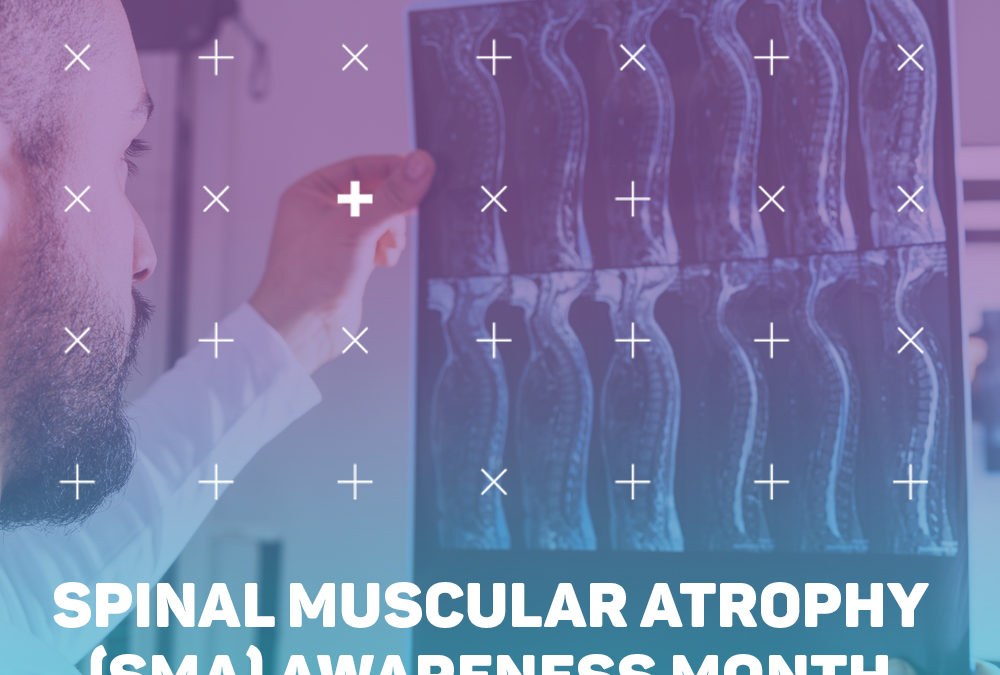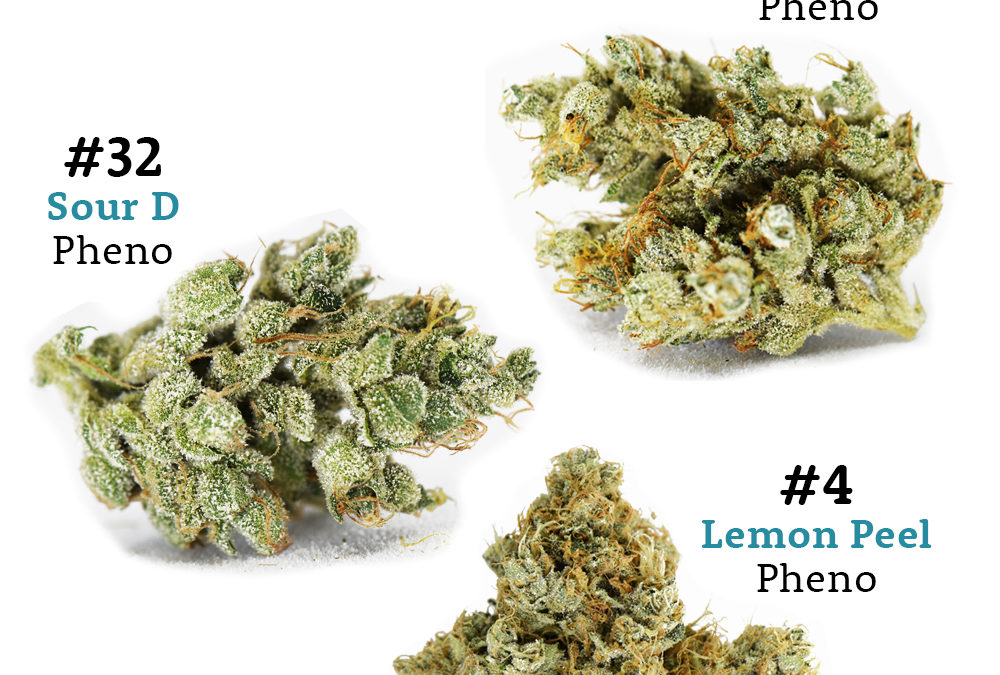At the end of June 2021, Governor Tom Wolf signed a bill into law that permanently instituted changes to the Pennsylvania medical marijuana program. The bill introduced a number of changes to the Commonwealth program, including an indefinite extension of curbside pickup and an increased number of caregivers available to each patient. Our Prospective Patient Perspective newsletter offers educational information for program newcomers to help demystify their entry into the growing PA program. But we hope that this resource will benefit all qualified patients at any knowledge level to identify potentially beneficial products and stay up to date with the latest program changes.
In this edition of our Prospective Patient Perspective, you will meet the hypothetical patient “Miles.” Read on to learn about his health diagnosis and how medical marijuana may potentially support his search for symptom relief.
Meet Miles: Health and well-being have always been among Miles’ top priorities, both in his thriving practice as a dietitian and his cherished evenings of preparing wholesome meals for his family’s dinner table. Miles experienced unusual levels of fatigue and breathlessness after exercise throughout his youth. As he got older, he adopted a plant-based diet and prioritized decompression time in his schedule to try increasing his energy levels. He did not consider that his exhaustion might stem from an underlying condition until he reached his 30s, when his hands began seizing up with joint pain after a day of struggling to use his computer keyboard. Once he found himself missing family meals to recover from the work day’s exhaustion, Miles reached out to a specialist and was diagnosed with type IV SMA.
Categorized into types 0 through IV, SMA refers to a group of genetically inherited diseases that progressively damage nerve cells in the spinal cord. This damage may impair muscle tone and mobility over a patient’s lifetime – increasing difficulty when sitting, walking, swallowing and breathing. According to the Mayo Clinic the five types of SMA are designated by symptom severity and the age of symptom manifestation or diagnosis. Like Miles, patients living with type IV typically do not experience disease symptoms until adult age. Medical marijuana is not a cure for SMA conditions, but Miles has been researching with his care team about alternatives to opioids for alleviating his muscle tension and joint pain. He is hopeful that, with the right products and dosing, medical marijuana can potentially ease his lifelong journey with SMA.
Meeting Miles’ Physician: Due to the frequency of Miles’ SMA symptoms, it is critical that he has consistent access to his medicine in order to achieve his desired dose on a daily basis. Typically, this would require more frequent dispensary visits, which can be a challenge to keep up with on top of work and family life.
Fortunately, an increased supply limit was instituted among the most recent medical marijuana program changes. Previously limited to purchasing one month of medication per dispensary visit, Miles is now able to access up to three months of medicine when picking up products from his local store. This increased supply limit also enables Miles to purchase a significant enough quantity of a specific strain or product, so that he can fully assess with his care team how the medication is affecting him over time.
Meeting Miles’ Medical Needs: Because Miles is looking to primarily alleviate joint pain and relax muscle tension, he may potentially benefit from products that feature highly concentrated levels of THC. The most abundant psychoactive cannabinoid in medical marijuana, THC has demonstrated a strong analgesic potential in clinical trials.
While our exclusive genetics enable many prime concentrates to boast test results of 100% combined terpenes and cannabinoids, Miles may want to specifically discuss live THCa sand with his dispensary pharmacist and primary care physicians. Consistently testing above 96% THCa, our prime sand transforms into THC when heat is applied. Our expert lab team has recently handcrafted a live sand from our French toast pheno, PT Starqueen #22. This crystalline-textured concentrate, featuring our Grower’s Select genetics, provides a vast therapeutic potential within its small granules that enable precise dosing.
Because SMA can also impact respiratory health, inhaling or swallowing may be especially challenging for Miles on some days. He might explore sublingual dosing of prime tinctures of our distillate and terpene syringes. These extracted forms of marijuana oil do not require vaporization, as they already contain activated forms of the cannabinoid THC. By simply placing a desired dose of tincture or distillate below the tongue, Miles can achieve his desired dose and access the therapeutic potential of his medicine without the need for inhalation.
For more information on our prime-grown products, follow our Instagram at prime.wellness.


